Fundamental and Applied Microbiomics

Climate change may be culprit in Antarctic fish disease outbreak
In a new study, University of Oregon (UO) researchers join Arizona State University virologist Arvind Varsani to investigate a parasitic outbreak in the Antarctic.

Antibiotic and antiretroviral drug effects on breast milk are explored for mothers living with HIV
Infants carry a vast assemblage of bacteria, viruses and fungi in their guts. Combined, these microbes make up a complex ecology known as the gut microbiome, which plays a major

Lim’s tireless SARS CoV-2 sequencing work advances Arizona public safety, earning him ASU Alumni’s faculty research award
Efrem Lim is the recipient of the ASU Alumni Association’s 2022 Faculty Research Achievement Award for sequencing and tracking SARS CoV-2 variants for the state since the start of the

Digitizing number 2: Stool samples reveal enzyme driving bowel disease
Arizona State University’s Biodesign Institute joins an international team led by the University of California San Diego School of Medicine to help unlock the causes of ulcerative colitis. Researchers have
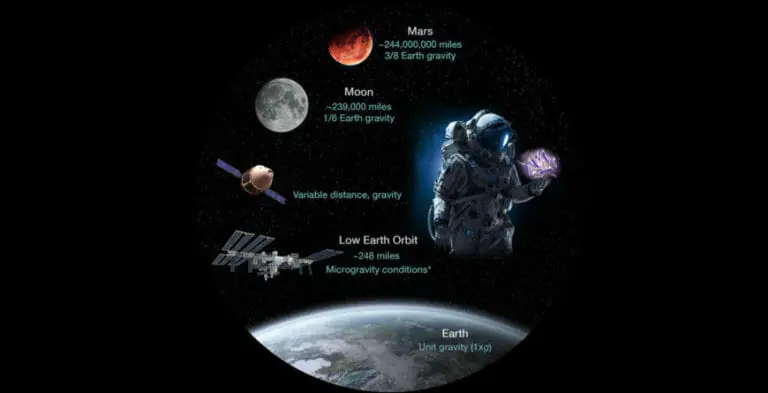
A vision for the future of spaceflight microbiology research for human health and habitat sustainability
Microorganisms are essential to maintain our health, environment, and the sustainability of buildings in which we live and work, both on Earth and during space exploration. Given that there are
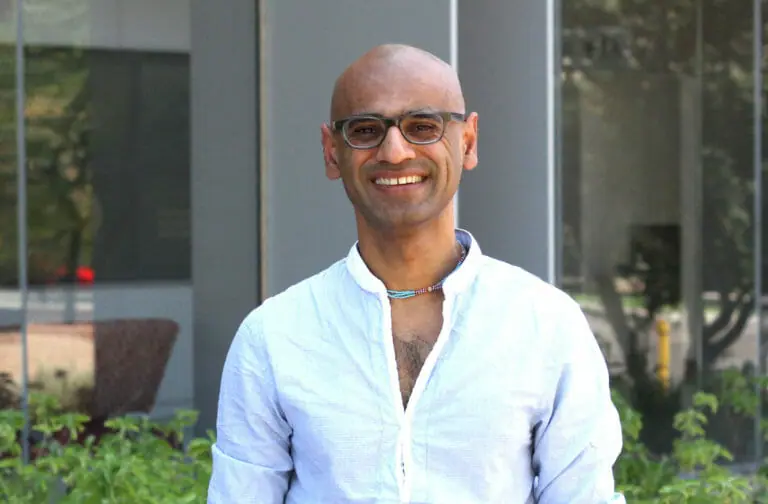
Machine learning IDs mammal species with the potential to spread SARS-CoV-2
Back and forth transmission of SARS-CoV-2 between people and other mammals increases the risk of new variants and threatens efforts to control COVID-19. A new study, published today in Proceedings of the Royal Society B, used a novel modelling approach to predict the zoonotic capacity of 5,400 mammal species, extending predictive capacity by an order of magnitude.

ASU biogeochemist awarded prestigious fellowship
As a world-renowned microbiologist and biogeochemist, Ferran Garcia-Pichel has developed an understanding of the interconnectivity of the sciences. He studies microbial communities, examining the way bacteria exist and interact within ecosystems —

Safeguarding clean water for spaceflight missions
By all appearances, the universe beyond Earth is a vast, lonely, and sterile space. Yet, wherever humans may travel, an abundance of microbial life will follow. In a first study
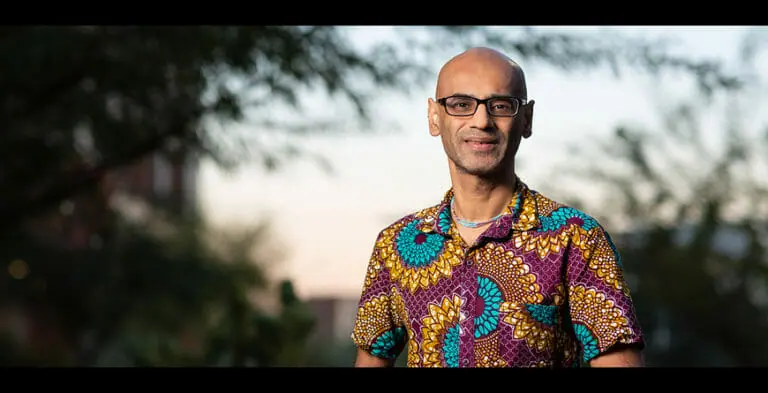
Virus-bearing scorpions wander the Southwest
In the hot, arid environment of Phoenix, Arizona and surrounding Sonoran Desert, ancient creatures flourish. Bark scorpions are among Earth’s oldest terrestrial animals. Their earliest fossil ancestors are believed to
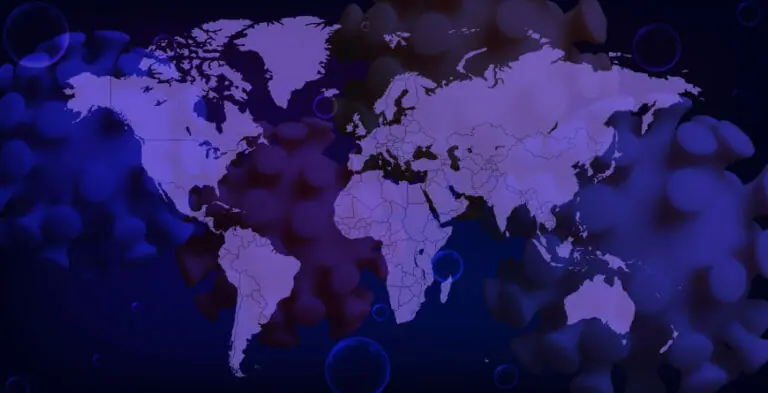
SARS-CoV-2: A theme and variations
The celebrations were well underway. America seemed to be emerging from the depths of the COVID-19 crisis, following some of the darkest days in the nation’s history. A vast reduction in infections, hospitalizations, and fatalities, driven by improved therapies and above all, a suite of highly effective vaccines, had brought a collective sigh of relief. The July 4th festivities were euphorically anticipated, marking not only the nation’s independence from colonial rule but its...
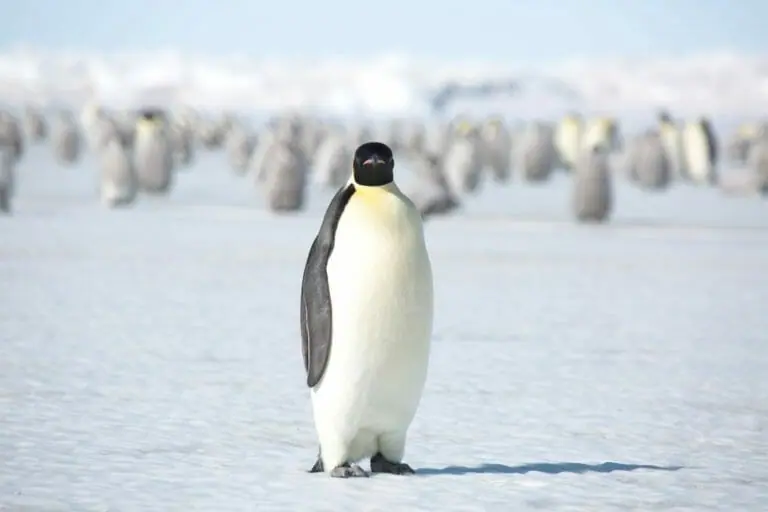
A nomad finds a home in viruses
When Arvind Varsani arrived in the Antarctica for the first time a decade ago, he noted that the world looked black and white — from the sheet ice to the sky to

New study highlights first infection of human cells during spaceflight
Astronauts face many challenges to their health, due to the exceptional conditions of spaceflight. Among these are a variety of infectious microbes that can attack their suppressed immune systems. Now,